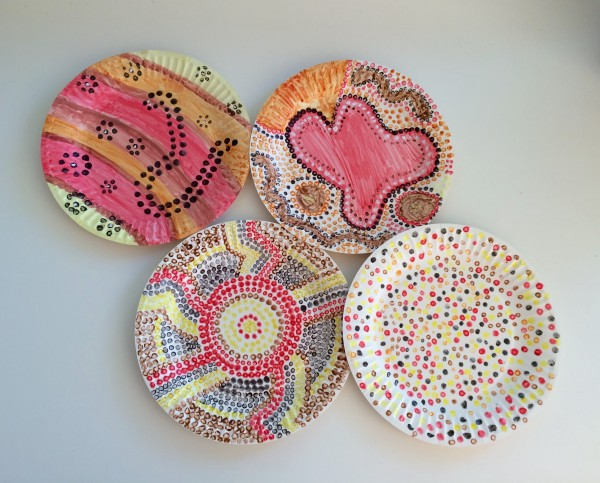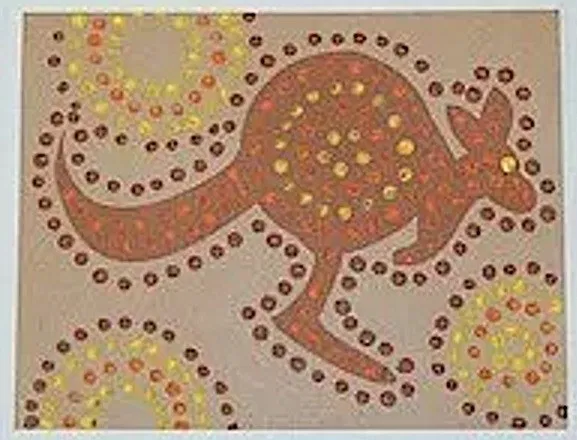Reading comprehension
Please see attached the non- fiction report on Volcanoes. Answer the questions at the bottom of the sheet.
If you find any tricky words, highlight them and discuss with your grown ups or people at home to help you. Or you could make your own key word glossary.
In addition, please continue to read 20-30 minutes daily. Try and read a range of texts too.
Volcano Reading T-G-059-World-Volcanoes-Comprehension-Worksheets
Writing activity
Below is a link to a video showing a farmer planting windmills. As we have been studying different impacts on our environment, we would like you to research the effects of wind farms and write a non-bias news paper article about the different opinions people have on them. Please include: rhetorical questions (Did you know?), Casual conjunctions (consequently) and key statistics.
https://www.literacyshed.com/windmillfarmer.html
Spelling
This week, we would like you to practise the following Y3/4 spelling words from our list:
Island Describe Probably Favourite Perhaps
Pick one of the following strategies, to practise your words: rainbow write, graffiti wall, lego writing or spelling scribbles.
Please note: for those working on Y2 common exception words, use the following online word search instead (play using ‘single player’ mode).
https://www.spellzone.com/word_lists/games-32308.htm
Maths
As we have started our learning on multiplication and learning about associative law, this activity will help you practise your times tables and use your number sense to help you.
Using three dice (or picking 3 numbers from 1-6), put them together and see what sum combinations you can come up with. For example, if I rolled a 4,6,5 I could multiply (6 X 5) and then X4. Think about swapping the numbers, do you have the same answer? If not can you find the smallest and largest number.
Challenge: Can you use numbers 1-20. Think about using a multiplication grid to help you times 3 digit numbers if necessary.
Remember that Sumdog and Times Tables Rockstars have also been updated with activities.
Science
We have been learning about our digestive system! Here’s a science project to demonstrate the process of digestion.
https://www.bbc.co.uk/bitesize/topics/zf339j6/articles/zrm48mn
We are aware that some of us have already had fun with this project at school so if you want to show off all of your digestion knowledge, using play dough, drawings or recyclable objects around the house, can you make a 3D model of the oesophagus, stomach , small intestine and large intestine. As a challenge, research these body parts and find fun facts that you could label your model with.
Topic
Following on from our learning on earthquakes, please take a look on the following website and use the information to create your own Health and Safety poster, to inform people how to stay safe recover from an earthquake.
https://www.bbc.co.uk/bitesize/topics/z849q6f/articles/zj89t39
https://www.weatherwizkids.com/weather-safety-earthquake.htm
Art
This week I would like you to create something with a paper plate. Please don’t worry if you do not have one at home you can just draw around a plate and then cut it out.
I would like you to link it to the country that your Year Group is studying, so here are some ideas. However, any creation would be wonderful.
Please email a photo of your artwork to me and I will share it on the Art Blog.
Keep creating and keep safe!
Mrs Pearson
n.pearson@stpeterswaterlooville.hants.sch.uk

Australian Aboriginal Paper plate ideas
Tip! A cotton bud is a great way to make dots with paint.
Felt tip pens work well too, only don’t press too hard or you’ll damage the nib!

